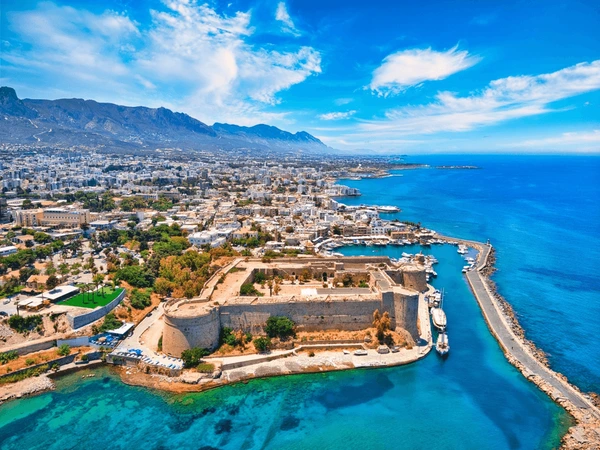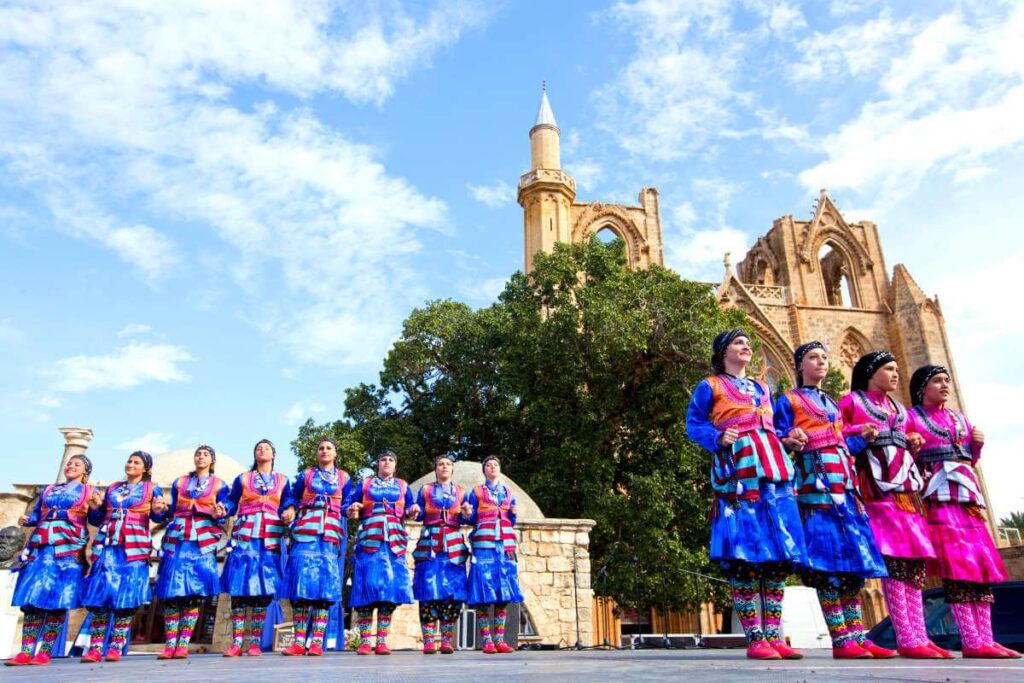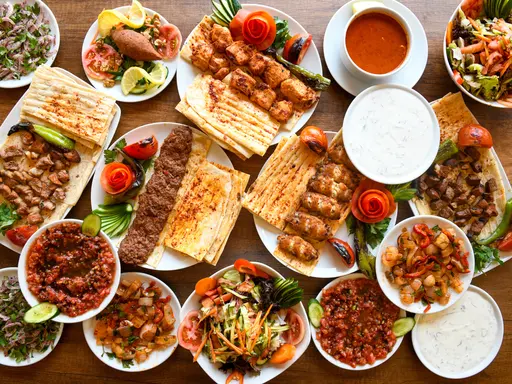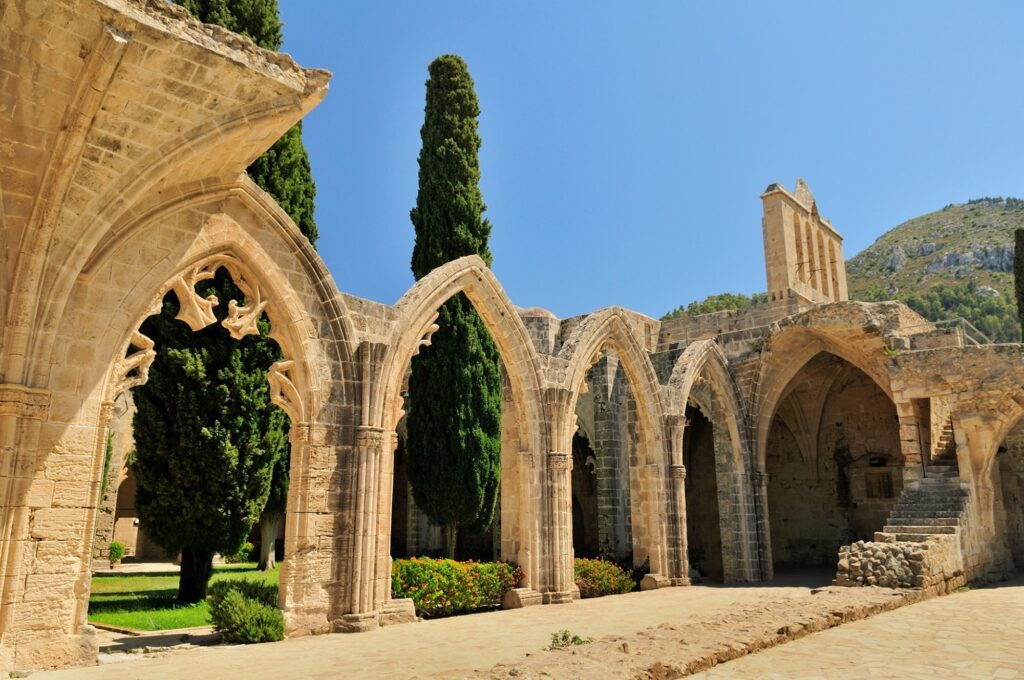The TRNC, also known as the Turkish Republic of Northern Cyprus (KKTC), is a sovereign state situated in the northern region of the beautiful island of Cyprus. The TRNC was established in 1983 as a result of the Turkish Peace Operation in 1974, which aimed to bring peace and stability to the island. Currently, Cyprus is divided into two parts, with the TRNC representing the northern region and the Republic of Cyprus occupying the southern part.
Geography
Nestled in the eastern Mediterranean Sea, the TRNC is located just off the coast of Turkey. It encompasses the northern third of the island of Cyprus and shares a border with the Republic of Cyprus in the south.
- Official Name: Turkish Republic of Northern Cyprus
- Capital: Nicosia (Lefkoşa)
- Time Zone: UTC+02:00
- Area: 3,571 square kilometers

- Climate: hot, dry summers (up to 40°C) and cooler winters (around 15°C).
Population
The TRNC has a population of approximately 1,363,292 individuals as of 2024. The majority of the population consists of Turkish Cypriots, while a small minority includes Greek Cypriots and Maronites.
- Population : 1,363,292 as of 2024
- GDP (PPP) : $21.1 billion
- GDP per Capita (PPP) : $6,115
- Turkish is the official language of the TRNC
- English is widely spoken and understood.
Economy
- The TRNC boasts a thriving economy driven by sectors such as tourism, agriculture, and manufacturing.
- Its stunning beaches, historical sites, and pleasant climate make it a favored destination for tourists.
- The TRNC also excels in agricultural production, particularly in citrus fruits, potatoes, and tomatoes.
Agriculture Sector:
- Main Crops: Citrus fruits, potatoes, tomatoes
- Agricultural Exports: $450 million annually
$2.3 billion
Tourism Revenue
1.7 million visitors
Annual Tourists

Key Attractions:
Kyrenia Castle, Bellapais Abbey, St. Hilarion Castle
Manufacturing Sector:
- Key Industries: Food processing, textiles, construction materials
- Manufacturing Output: $1.4 billion
Culture
North Cyprus culture is a blend of Turkish, Greek, and Mediterranean influences, known for its warm hospitality, diverse cuisine, traditional folk music and dance, and vibrant festivals. It also has a rich tradition of arts and crafts, like lace-making and pottery, reflecting its unique heritage.



Education & Tourism


